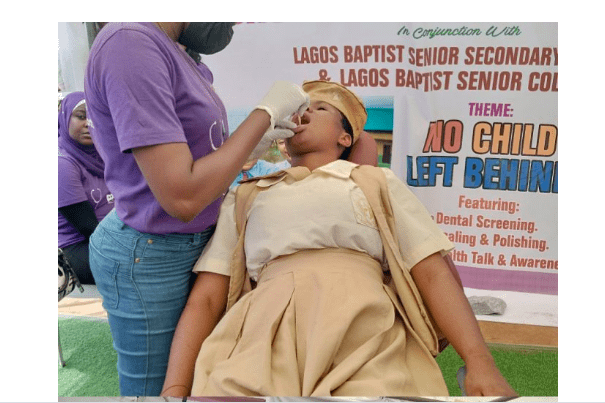JUST IN: Panic As First Marburg Highly Infectious Virus Disease Confirmed In West Africa—-A first case of Marburg virus disease have been confirmed by Health authorities in Guinea, in the southern Gueckedou prefecture.
This is the first time Marburg, a highly infectious disease that causes haemorrhagic fever and in the same family as the virus that causes Ebola has been identified in the country and in West Africa.
This is coming less than two months after Guinea declared an end to an Ebola outbreak that erupted earlier this year.
It was gathered that the patient had sought treatment at a local clinic in Koundou area of Gueckedou, where a medical investigation team had been dispatched to probe his worsening symptoms.

Samples taken from a now-deceased patient and tested by a field laboratory in Gueckedou as well as Guinea’s national haemorrhagic fever laboratory, turned out positive for the Marburg virus. Further analysis by the Institut Pasteur in Senegal confirmed the result.
Dr Matshidiso Moeti, World Health Organization (WHO) Regional Director for Africa said;
“We applaud the alertness and the quick investigative action by Guinea’s health workers. The potential for the Marburg virus to spread far and wide means we need to stop it in its tracks.
“We are working with the health authorities to implement a swift response that builds on Guinea’s past experience and expertise in managing Ebola, which is transmitted in a similar way.”
Efforts are underway to find the people who may have been in contact with the patient. As the disease is appearing for the first time in the country, health authorities are launching public education and community mobilization to raise awareness and galvanize support to help curb widespread infection.
According to WHO, Marburg virus is transmitted to people from fruit bats, and it spreads among humans through direct contact with the bodily fluids of infected people, surfaces and materials. Illness begins with high fever, severe headache and general discomfort.
Infected patients also develop severe haemorrhagic signs within seven days. Case fatality rates have varied from 24 percent to 88 percent in past outbreaks, depending on virus strain and case management.





